A new presidential term is set to begin officially in Venezuela on January 10. Despite the electoral commission’s failure to release the results of the July 28 election, Nicolás Maduro’s swearing-in appears inevitable. Opposition leader Edmundo González Urrutia, however, says he’ll be inaugurated as the country’s new leader.
Will he return to Caracas? That’s the question Venezuelans keep asking, with González Urrutia having promised exactly that. “I am going to return to Venezuela to take the responsibility that 8 million citizens gave me,” he told Infobae five days ago after meeting with Argentinian president Javier Milei. This week he also met with President Biden, Uruguayan president Lacalle Pou and Panamanian president José Raúl Mulino.
Plans on how the former diplomat would arrive to the capital city remain unknown to the public. Fears are that if he did, he’d be quickly arrested. Maria Corina Machado, the opposition leader that he replaced after the regime barred her from running, left hiding after 133 days and narrowly escaped being kidnapped; just three days ago, González Urrutia denounced the kidnapping of his son-in-law.
The president of the Chavista-controlled national assembly, Jorge Rodríguez, requested González Urrutia’s immediate arrest if he were to return to the country. “Foreigners who accompany him will be treated as invaders,” he added. The foreigners in question include former Mexican president Vicente Fox, former Colombian president Andrés Pastrana and former president of Costa Rica Laura Chinchilla, among others, who are with González Urrutia in Santo Domingo, Dominican Republic.
The theory, pushed by anti-Chavistas and Chavistas alike, is that González Urrutia might head back home accompanied by world leaders. If so, this would complicate things for the regime. Arresting the opposition leader would look bad, but a slew of foreign ex-presidents? That’s the last thing Maduro desires.
Others argue that González Urrutia might be inaugurated from the Dominican embassy, or that he might simply not do so on Venezuelan soil.
In the days leading to the inauguration, hundreds of Venezuelans have met in plazas around the world, from the Sagrada Familia in Barcelona to outside the Organization of American States in Washington. Their hope is that Friday will serve as a critical juncture, with all eyes set on the clashing of inaugurations.
Skeptics point at the Juan Guaidó era, where hopes ebbed and flowed but ultimately Maduro remained. Yet with the opposition exhibiting 83.5 percent of the voting records as proof of González Urrutia’s two to one victory — and with endorsements from the Carter Center and the United Nations, optimists view the situation a tad different. This time around the clashing is not over a constitutional technicality, it’s over a documented stolen election.
Whatever will happen in Venezuela is hard to predict. Reality is that without significant pressure, a negotiated transition is unlikely. Equally hard is determining how the upcoming Trump administration might deal with the oil-rich nation. For one, Maduro’s archenemy, sanctions-slapping Florida senator Marco Rubio will head the State Department, and talks about Latin America prioritization are making the rounds in the MAGAsphere.
At the same time, America First proponents like recently elected Ohio senator Bernie Moreno are taking stances that differ from Republican orthodoxy. To the dismay of Venezuelan activists, Senator Moreno said earlier this week that Maduro “is the one who is going to take office next week” and that “at the end of the day, the United States is not the one who chooses. Those who choose are the leaders of these countries.” Instead of a democracy-centric approach, Moreno suggested that Trump would focus on deportations, drug trafficking and trade.
If we know anything by now, though, it is that no one speaks for Trump. Whether the future is the return of maximum pressure or a renewed approach to negotiating with the Venezuelan government, it will almost certainly be better than the schizophrenic policies pursued by Biden’s State Department.



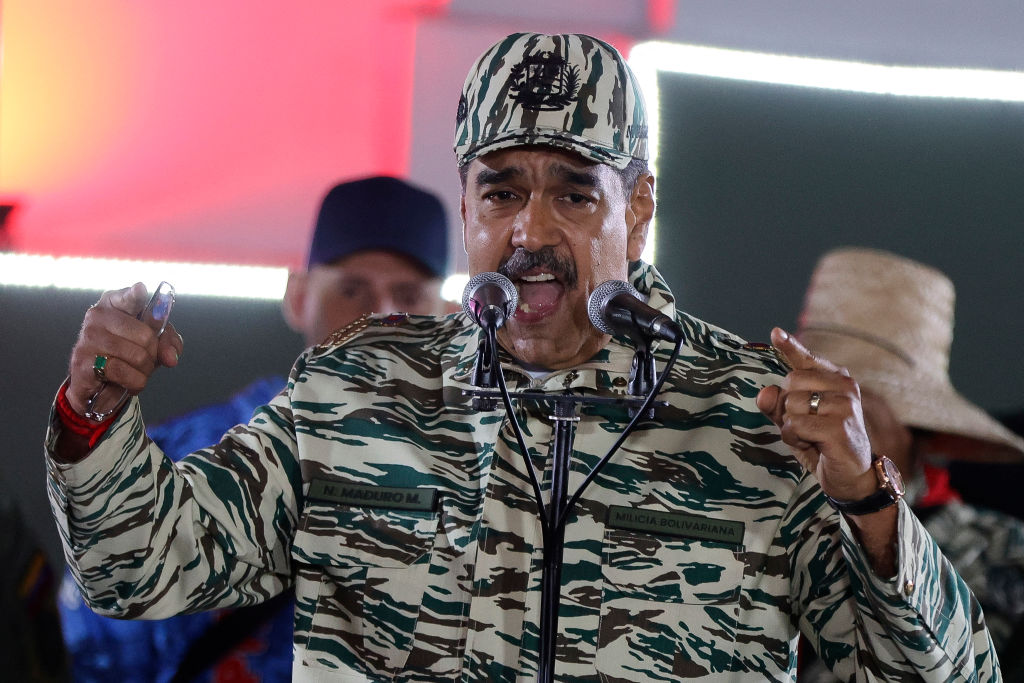






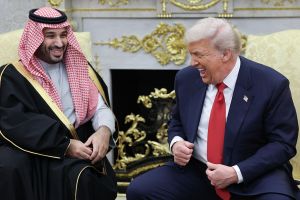
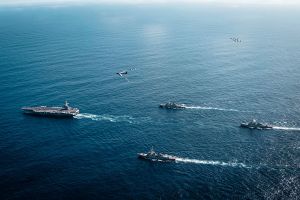
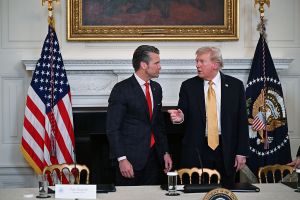
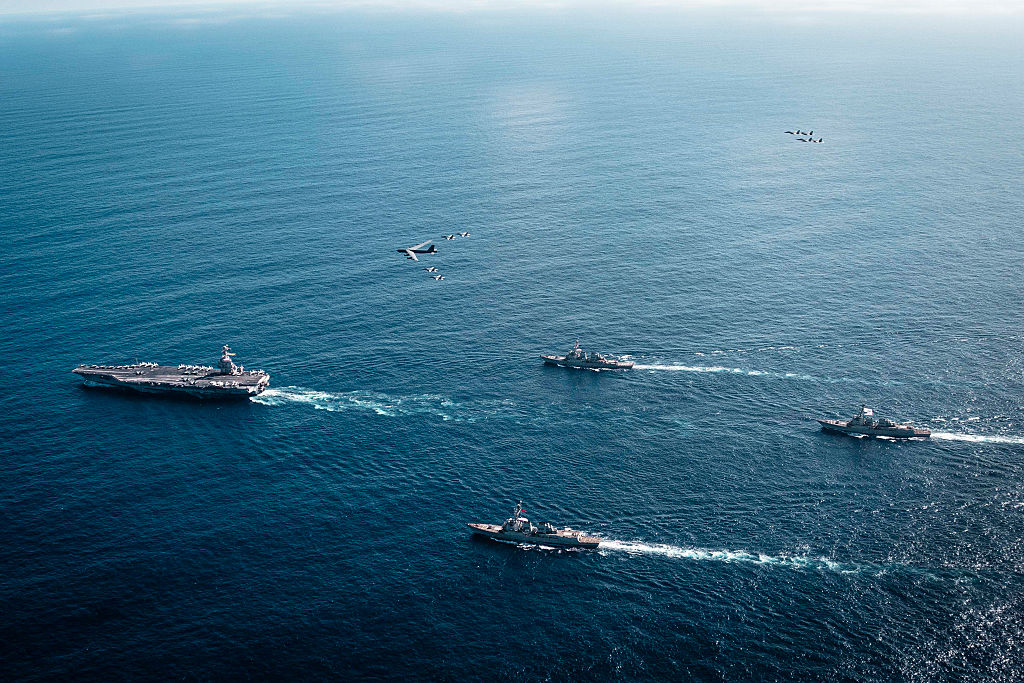

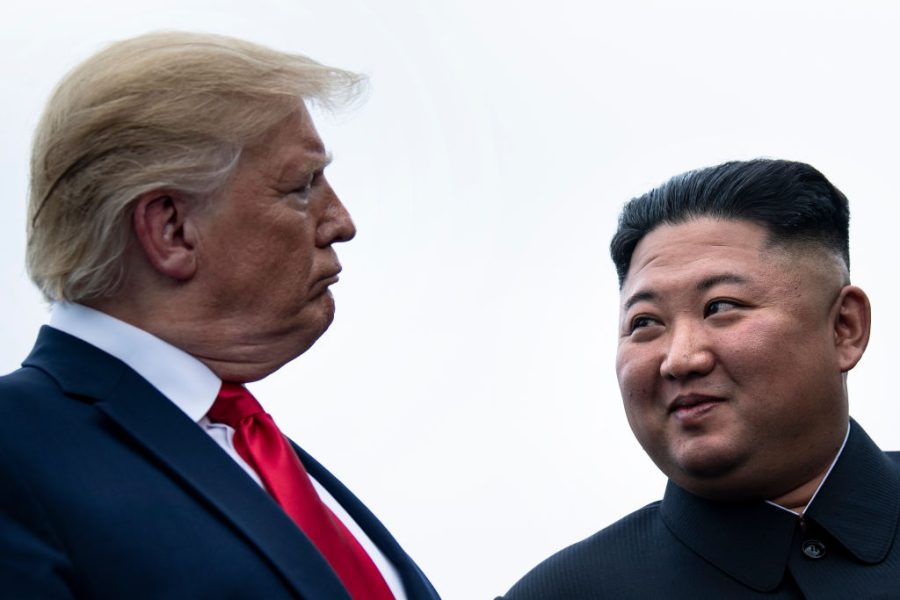
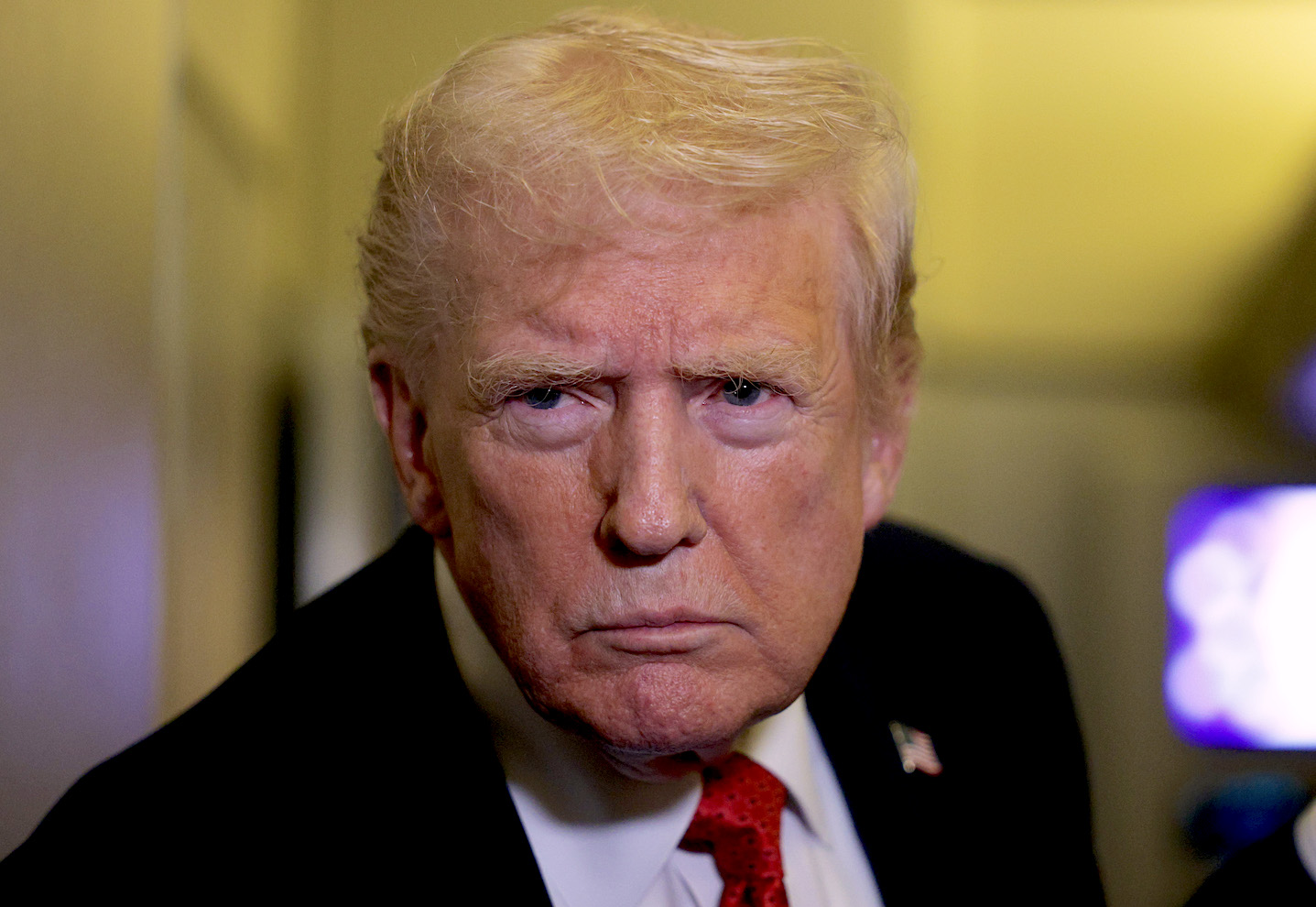

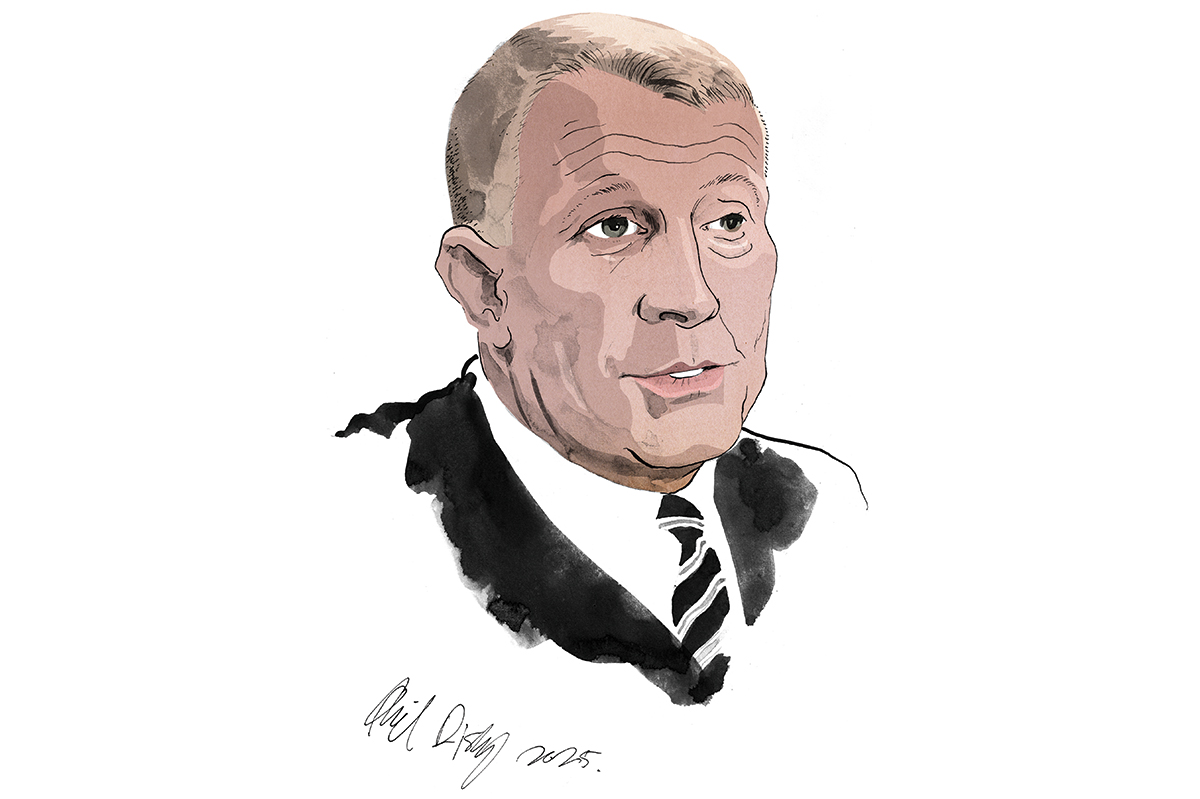







Leave a Reply